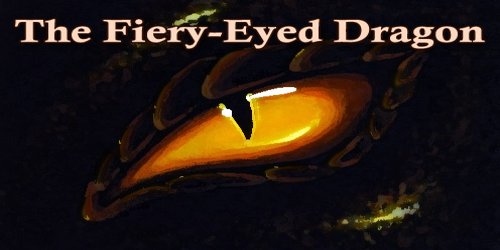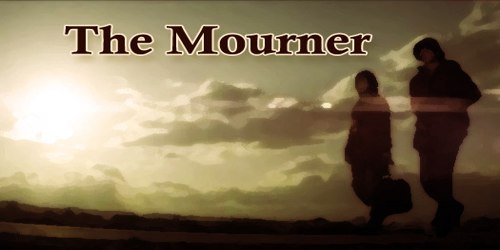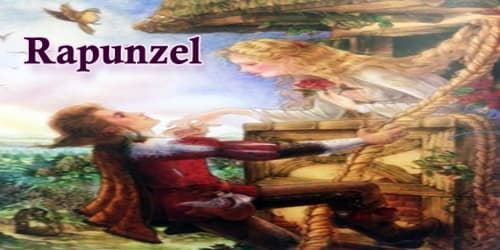Once upon a time in Holland there lived fierce and mighty dragons. They were everywhere, though they were not often seen. People who saw them did not live to tell the tale, and when people heard of terrifying, unexplained deaths, they knew that it was the dragons that were to blame.
It was believed that sometimes hens’ eggs without yolks were laid, and in these shells, tiny dragons grew. Once they took up residence, people said, the dragons wreaked their havoc on a town or village. Their eyes shot fiery flames, so anyone who looked at a dragon was instantly killed. That was why no one could kill a dragon.
Most dragons lived in cellars and other dark places. This was because a dragon’s fiery gaze could kill even another dragon.
Some people were not killed by the dragons’ stare. Blind men, who did not see the shooting flames, were safe from the gaze, but when a dragon came upon a blind man, it simply attacked with the poisonous spines along its back and would, in an instant, kill the innocent.
It was no wonder that people talked a great deal about the dragons. They told tales of the poor maiden who chanced upon a dragon in her family’s attic and died at once, and how the family had to flee their home. They spoke of children attacked while playing in the forests. No one knew how many people had died from the dragons’ powerful gaze, but everyone thought that there was no weapon powerful enough to kill a dragon. If a dragon came to a town, the people warned one another, “Beware, beware.”
For many years the town of Utrecht had no dragons at all, but one day a barkeeper sent one of his workers into the cellar to fetch a new barrel of brew. When an hour had passed and the young man did not return, the customers were restless and impatient. “Never mind,” said the barkeeper, “he probably began to drink. Go fetch him, then,” he told his second worker, and the fellow skipped downstairs.
When the second fellow did not return, everyone stared nervously at the barkeeper. “And will you go down there now?” they challenged him. “Don’t you see, there must be a dragon in your cellar!”
The barkeeper knew this must be true, and by nightfall, everyone in Utrecht knew that a dragon had come to their town.
The next morning, they gathered in the village square. “What will we do about the dragon?” everyone asked, but nobody could answer, for no one knew what to do about a creature of such fierce temperament and power.
Suddenly, a young boy ran to the head of the crowd. “I will kill the dragon,” he declared.
The people looked at the lad and then began to laugh. He carried no weapons; all he held was a board of some sort, slung over his chest, and he was a small lad, too, with no strength to be seen. “How on earth will you slay a dragon?” the people asked. “What can you know about them?”
“Let me try,” the boy said. “No one else has offered.”
Everyone looked at the person beside him, and then turned and looked at the person on the other side, and no one had a good idea at all. And there was the boy, standing in front of the crowd, offering help. Still, they all knew he would be killed.
“There’s nothing to stop him,” someone called from the crowd, and that was true. The boy did seem determined. “I shall blindfold myself,” he said, holding up a handkerchief. “In that way, the dragon will not frighten me, and his flaming eyes will not kill me.”
“You’ll never hear him coming,” one man said. “Don’t you know that dragons are so silent, no one hears them approaching?”
“I’ll sense him, then,” said the boy.
The people could not help but sigh. “Ah, yes,” they said, “and so his poisonous spines will be your death.” But what could they say or do?
“I’ll prove to you that I know what I’m doing,” he said, and before anyone could stop him, he was charging toward the bar. He ran inside and found his way to the cellar door. He paused to put on his blindfold, then cautiously descended the cellar stairs.
When the dragon heard the boy’s footsteps, it lifted its head, preparing to shoot fiery flames at the boy. But the boy kept coming, for he was wearing his blindfold, and he did not see or feel the flames.
The dragon was surprised, and so he stepped forward, as silently as a dragon will step. The boy did not hear him coming, but he was not a foolish lad, and he knew the dragon must be prepared to strike. So as he touched the bottom step, he snatched the board that hung over his chest and turned it around.
The dragon shrieked.
You see, the board the boy carried was, in fact, a mirror, and when the dragon saw its own fiery gaze in the mirror, the reflected flames streaked through its body and it fell to the ground. In moments, it burned to ash.
And that is how a young boy saved the town of Utrecht from a dragon. He used his wit and intelligence and that was strength greater than that of the dragon.
















